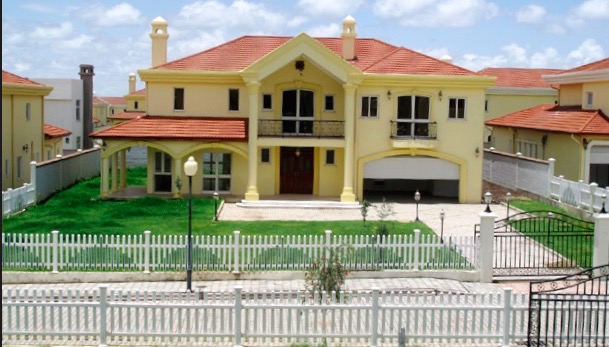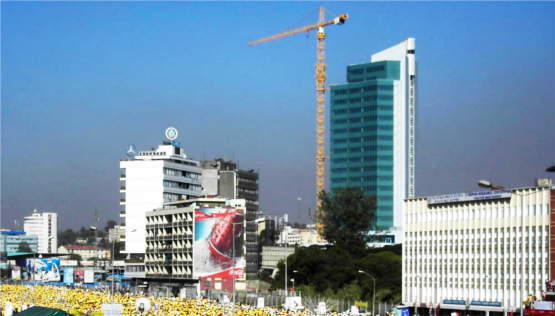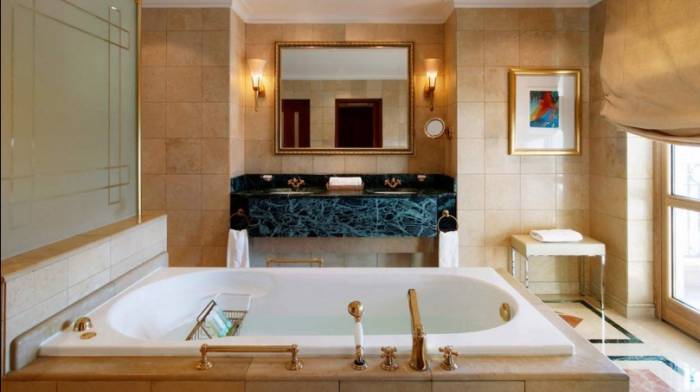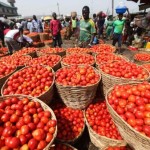
Ethiopia, Africa’s second-most populous country and sub-Saharan Africa’s fifth biggest economy, has been experiencing quite an impressive economic growth of about 10-11% a year. There have been huge developments in the construction, manufacturing, trade and agriculture industries. The growth is in part due to government projects that help the country achieve its Millennium Development Goals (MDGs). Ethiopians plan to have a middle-income status by 2025 and efforts are already paying off. One clear indication is the thriving housing market.
The nation is on the rise
“If you look at it from an economic standpoint, I think Ethiopia is one of the countries that has become the quintessential embodiment of the Africa rising narrative,” said Julians Amboko, a research analyst at Stratlink Africa. “Look at the year between 2013 and 2014, the GDP growth was about 10.6 per cent, double digits. Kenya did only 4.8 per cent, Rwanda which has been a very stellar performer did only 7.9 per cent and therefore from that stunt point indeed investors must be looking at how they can tap into this market which is growing so fast.”

{adinserter CNP5}
An elite is emerging
As the economy grows, there is more wealth in the country. According to a study by New World Wealth (NWW), there are now 2,700 millionaires in Ethiopia. This is the fastest growth rate in Africa ever; the number of millionaires increased 108% between 2007 and 2013. These wealthy Ethiopians create new industries. They seek houses that match their income and status – “There is a demand for luxury real estate,” said Wunmi Osholake, who runs the Ethiopian branch of online real estate platform Lamudi. This demand has transformed areas like the suburb Yerrer View. This neighborhood was just fields just a decade ago, now there are luxury villas and modern apartments spanning the land. When it is complete, the neighborhood will have a golf course, five-star spa hotel, shopping center, school, clinic, and an organic farm.

More than just housing
The buildings at Yerrer View are already occupied. There are plans for a total of 5,400 houses housing about 20,000 people. This shows how much the middle and upper class has expanded. “We are selling a lifestyle more than just housing,” said Hail Mesele, the civil engineer of the head property firm behind the development.
“We don’t do any advertising. We prefer that the residents themselves spread the news, and in a way, choose their own neighbours…When we began, economic growth wasn’t very strong. Half of our clients came from the diaspora. But since then, the economy has become a lot stronger and nearly 85% of our residents are local.”

There are some struggles to overcome
Though the economy has grown and developed substantially, it is still primarily agricultural. The majority of the workforce works to grow coffee and other agriculture. The workforce is not skilled enough to create the houses to meet demand, consequently, many foreign workers were brought in. Haile said that his firm recruited around a thousand specialist workers from China. Many raw materials – like windows, doors, and wood paneling – need to be imported and the taxes can be costly. Another struggle is the country’s high inflation. Nevertheless, the luxury housing market is proving to be very profitable.

SEE ALSO: 9 Reasons Why Ethiopia Was Named World’s Best Tourist Destination For 2015.







